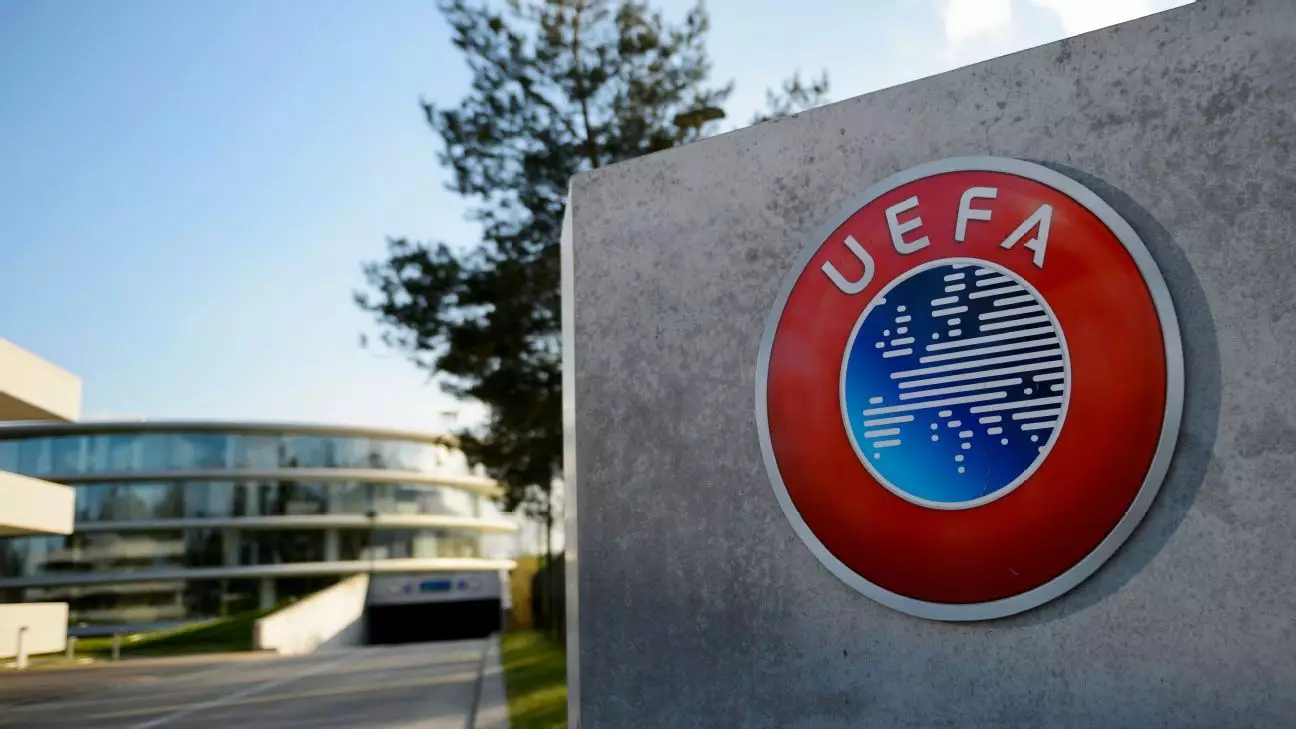The ambitious proposal for the Unify League, a reimagined version of the contentious European Super League (ESL), has reignited debates within soccer’s governance landscape. Once hailed as a groundbreaking venture by several elite clubs, the original ESL was met with fierce opposition from fans and stakeholders, leading to its abrupt withdrawal shortly after its unveiling in 2021. The recent announcement from A22, the sports development company behind this new concept, has found itself entangled in controversy once more, particularly due to the lack of consultation with established bodies like the European Leagues.
In a strong statement released on Thursday, the European Leagues—an assembly representing 39 professional leagues across 33 countries—asserted their unfortunate absence from the discussions surrounding the Unify League. This organization, comprising over 1,130 clubs, expressed their dissatisfaction, highlighting that they had not been invited to partake in conversations essential to the development of the proposed competition. Such an exclusion raises questions about the legitimacy and collaborative spirit of initiatives designed to reshape the landscape of European club football.
While A22 promotes the Unify League as a merit-based competition featuring 96 clubs across four leagues, skepticism remains regarding its aims versus practical implications. Unlike the original ESL, which offered guaranteed spots to certain elite teams, A22 contends that the new model will foster a more competitive environment. However, the European Leagues argued that this proposed structure is unproven and unjustifiable. The organization fears that the increase in international fixtures could severely congest an already packed calendar, potentially undermining the domestic leagues that serve as a foundation for many of the clubs involved.
Supporters of football have voiced their apprehensions about any attempts to readjust the competitive landscape that could jeopardize the integrity of domestic competitions. Fans have often emphasized an overwhelming preference for preserving tradition within league competitions, where qualification for European tournaments is earned through annual performance. They worry that prioritizing international competitions could render domestic matches less significant, ultimately detracting from the vibrant local rivalries that define so many football cultures.
As discussions and proposals continue to unfold, the tension between traditional structures and modern aspirations remains palpable. While the promise of meritocracy and broader participation in elite European football is attractive, the potential ramifications for domestic leagues and fan engagement cannot be understated. The reemergence of proposals such as the Unify League necessitates careful examination, collaborative dialogue, and, ultimately, a commitment to preserving the core values upon which football is built. Without these, the future of club football in Europe may remain uncertain, overshadowed by controversies reminiscent of the ESL debacle.

